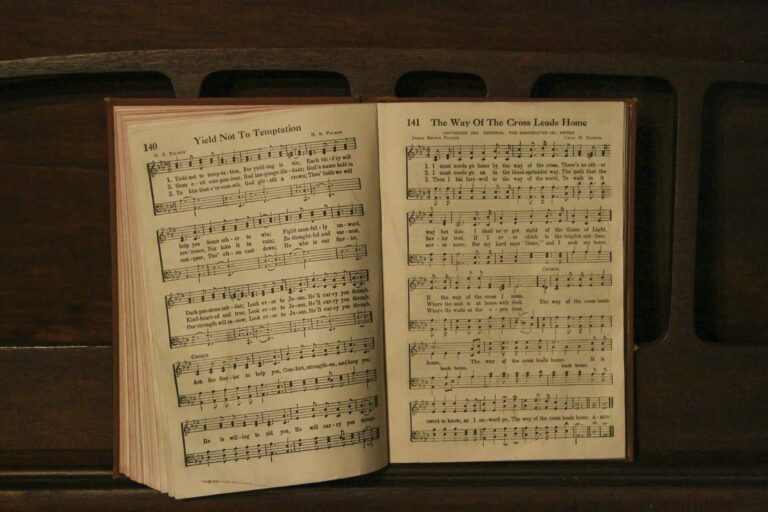Like Sheep Without a Shepherd
Lest we make the sort of mistake Moses himself made in Egypt, the messages in Exodus 2 includes that oppressed people shouldn’t be oppressed, they deserve deliverance and justice, but at the same time oppressed people are not inherently innocent or better than the people oppressing them. In the words of the Israelite antagonist oppressing his fellow slave, we hear an echo of Sodom. Victims and victimizers both alike are sinners and need the mercy and grace of God and divine instruction to order their lives. We’ve all been “straying like sheep” and all need to turn to “the Shepherd and Overseer” of our souls (1 Peter 2:25).




